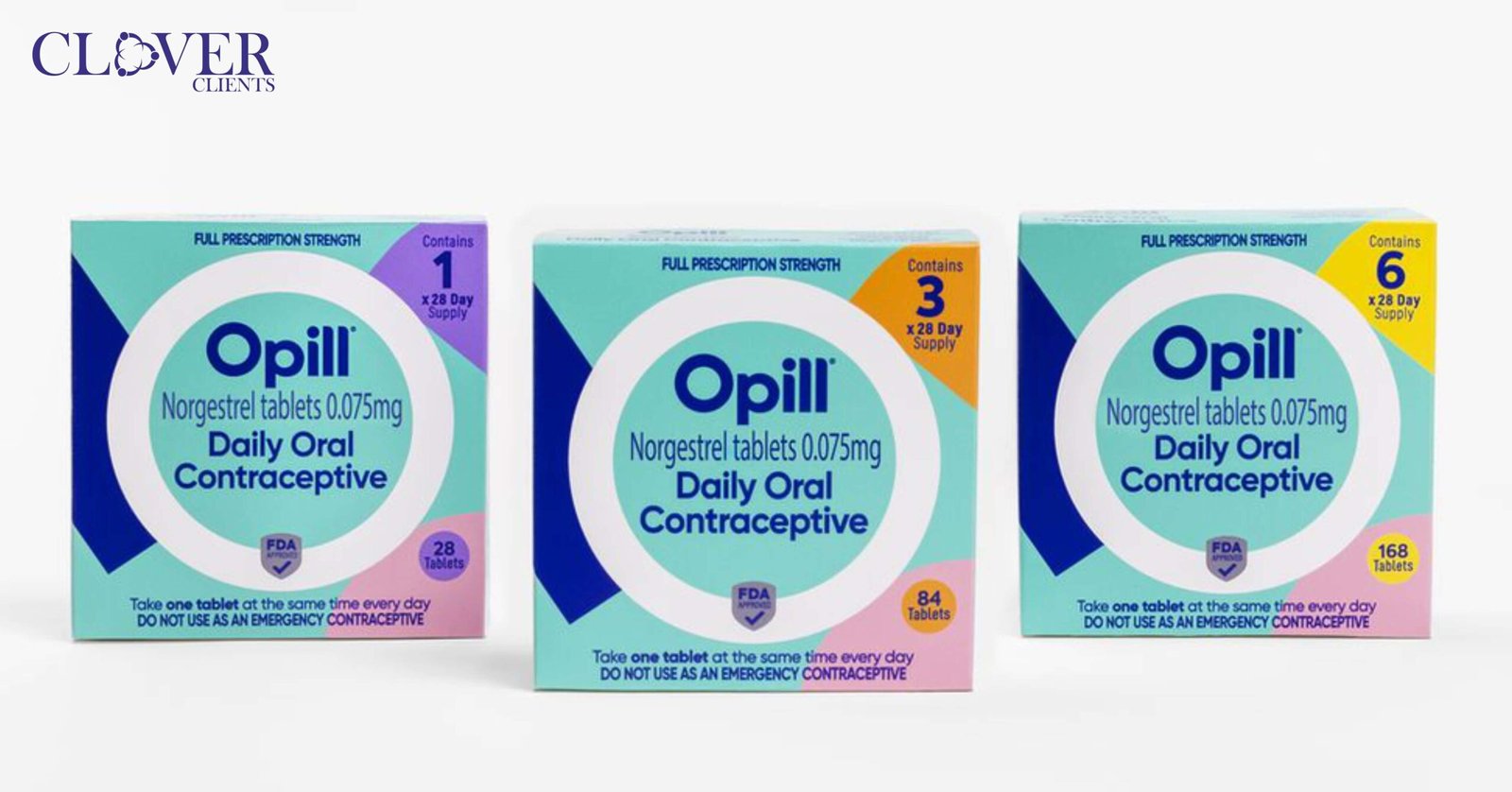The Post-Roe Landscape: Examining The Role Of Over-the-Counter Birth Control

Table of Contents
Increased Access to Over-the-Counter Birth Control: A Potential Solution?
The prospect of over-the-counter birth control offers several potential advantages. Wider access could significantly improve reproductive health outcomes for many.
-
Increased Convenience and Affordability: Removing the need for doctor's visits and prescriptions could make birth control significantly cheaper and easier to obtain, potentially leading to higher consistent usage rates. This is especially relevant for those facing financial constraints or geographical limitations.
-
Reduced Barriers for Marginalized Communities: Many marginalized communities, including those in rural areas, low-income individuals, and racial minorities, already face disproportionate challenges accessing reproductive healthcare. Over-the-counter birth control could help lessen these disparities by simplifying access.
-
Improved Reproductive Health Outcomes: Increased access to contraception leads to better family planning, resulting in fewer unintended pregnancies and abortions. Proactive family planning empowers individuals to make informed choices about their reproductive health.
-
Decreased Rates of Unintended Pregnancies: Studies consistently demonstrate a strong correlation between access to contraception and reduced rates of unintended pregnancies. Making birth control readily available could significantly impact this statistic.
However, increased access to over-the-counter birth control also presents challenges:
-
Need for Robust Education and Awareness: Effective usage and understanding potential side effects are crucial. Comprehensive education campaigns are vital to ensure safe and responsible use.
-
Potential for Misuse or Incorrect Usage: Without proper guidance, some individuals may misuse or incorrectly use over-the-counter birth control, potentially reducing its effectiveness.
-
Ensuring Equitable Access: Strategies must be implemented to prevent socioeconomic disparities from hindering access. This requires addressing affordability issues and ensuring availability in all areas, regardless of geographic location.
The Role of Over-the-Counter Birth Control in Reducing Unintended Pregnancies
The link between access to contraception and reduced unintended pregnancies is well-established. Studies consistently show that increased access to various contraceptive methods, including those potentially available over-the-counter like condoms and birth control pills, leads to a significant decrease in unintended pregnancies.
-
Effectiveness of Contraceptive Methods: The effectiveness of different methods varies, with some offering higher rates of success than others. Public awareness campaigns should accurately reflect these differences.
-
Impact of Different OTC Birth Control Options: The impact of over-the-counter options like condoms (male and female) and potentially oral contraceptives will differ based on usage rates and individual factors.
-
Potential Impact on Abortion Rates: Increased access to effective contraception is likely to lead to a decrease in the number of abortions performed, offering a crucial avenue for reducing unintended pregnancies.
Regulatory Hurdles and Policy Considerations for Over-the-Counter Birth Control
The regulatory pathway for approving over-the-counter birth control is complex. The FDA's rigorous approval process necessitates extensive safety and efficacy testing.
-
FDA Regulations and Approval Processes: The FDA plays a crucial role in determining which contraceptive methods can be sold over-the-counter, prioritizing safety and efficacy.
-
Debate Surrounding Deregulation: Arguments exist on both sides regarding deregulation and its potential impact on access versus safety.
-
Policy Approaches Across States/Countries: Different states and countries have varying policies regarding access to contraception, highlighting the need for consistent and equitable policies nationwide.
The Impact on Specific Populations: Over-the-Counter Birth Control Access and Equity
Access to reproductive healthcare, including contraception, is not uniform. Certain populations experience greater barriers.
-
Vulnerable Populations: Low-income individuals, teenagers, and those living in rural areas often face significant obstacles.
-
Strategies for Equitable Access: Targeted outreach programs, subsidized access, and improved telehealth options can help ensure equitable access to over-the-counter birth control for these groups.
The Future of Contraception: Innovations and the Role of Over-the-Counter Birth Control
Ongoing research continuously advances contraceptive technology.
-
Research and Development: The development of new and improved contraceptives, including long-acting reversible contraceptives (LARC), holds promise for further enhancing reproductive health outcomes.
-
Future Trends in OTC Birth Control: The future may see a broader range of contraceptive options available over-the-counter, leading to increased accessibility and choice.
-
Evolving Landscape of Reproductive Healthcare: The availability of over-the-counter birth control will play an increasingly significant role in shaping the future of reproductive healthcare, particularly in a post-Roe environment.
The Importance of Over-the-Counter Birth Control in the Post-Roe Era
The potential for increased access to over-the-counter birth control offers a vital tool for improving reproductive health outcomes in the post-Roe landscape. While challenges remain, including the need for robust education and ensuring equitable access, the benefits of expanding over-the-counter birth control options are undeniable. It’s crucial to advocate for policies promoting equitable access to reproductive healthcare and to support organizations working to improve access to contraception. Learn more about available over-the-counter birth control options and help expand access to this critical form of healthcare.

Featured Posts
-
 Hegseths Leaked Military Plans Signal Chats Reveal Family Involvement
Apr 22, 2025
Hegseths Leaked Military Plans Signal Chats Reveal Family Involvement
Apr 22, 2025 -
 Middle Managers The Unsung Heroes Of Business Success And Employee Development
Apr 22, 2025
Middle Managers The Unsung Heroes Of Business Success And Employee Development
Apr 22, 2025 -
 Fp Video Interviews Economists Analyzing The Bank Of Canadas Pause
Apr 22, 2025
Fp Video Interviews Economists Analyzing The Bank Of Canadas Pause
Apr 22, 2025 -
 Blue Origins Failures Surpassing Katy Perrys Performance Mishaps
Apr 22, 2025
Blue Origins Failures Surpassing Katy Perrys Performance Mishaps
Apr 22, 2025 -
 Dismissing Stock Market Valuation Concerns Bof As Perspective
Apr 22, 2025
Dismissing Stock Market Valuation Concerns Bof As Perspective
Apr 22, 2025
